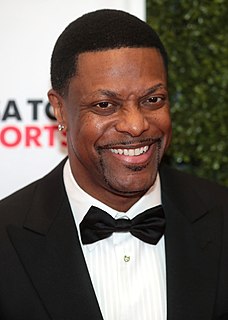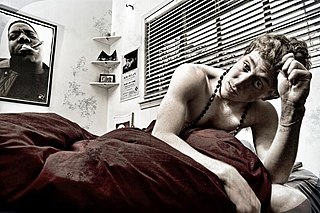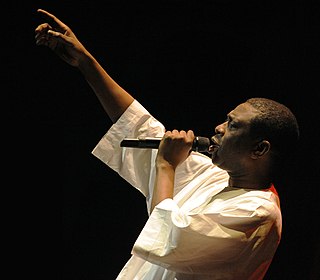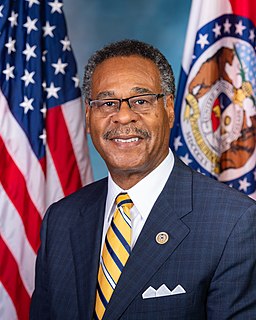A Quote by Chris Tucker
You know, we're missing so much as African-Americans and we should be concerned about what's going on in Africa.
Related Quotes
I started as an engineer. I migrated to philosophy and international politics. And I did my studies about African - Africa democracy and democratization in Africa, taking Kenya as a model. And then, while I was doing so in 1996 in South Africa, Al Jazeera was established. So they requested me to be an analyst on African affairs.
I spent my youth and my most formative years in Africa. I left Africa when I was about 20, 21, and when Mo says a great African, I was really moulded by my African experience, although I had the good fortune that by the time I was 24 I had studied and worked on three continents - Africa, the US, and Europe.
You guys are always going off about how much money you have. Do you realize what's going on in this world right now?' All these black rappers? African rappers? Talking about how much money they have. Do you realize what's going on in Africa right now? It's just like, you guys are disgusting. Talking about billions and billions of dollars you have. And spending it frivolously, when you know, the Motherland is suffering beyond belief right now.
I think people should know more of Africa in terms of its joie de vivre, its feeling for life. In spite of the images that one knows about Africa - the economic poverty, the corruption - there's a joy to living and a happiness in community, living together, in community life, which may be missing here in America.
I can't deny that it will be a historic event for an African-American to become president. And should that happen, all Americans should be proud - not just African-Americans, but all Americans - that we have reached this point in our national history where such a thing could happen. It will also not only electrify our country, I think it'll electrify the world.
I'm not against knowing the history of white people in the U.S. - that's not the point. The point is that there's so much greater history. We don't know about Native Americans. Very basically, we don't know that much about African American history, except that they were enslaved. You only get bits and pieces.




































